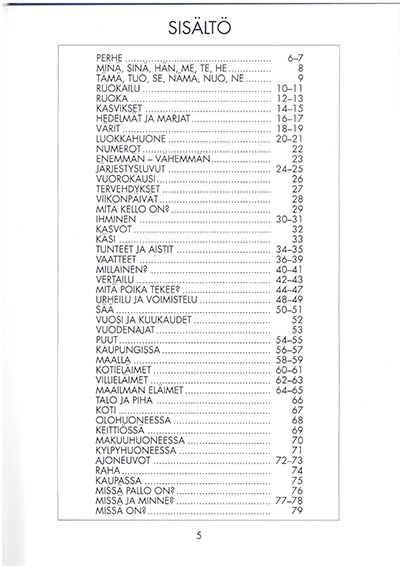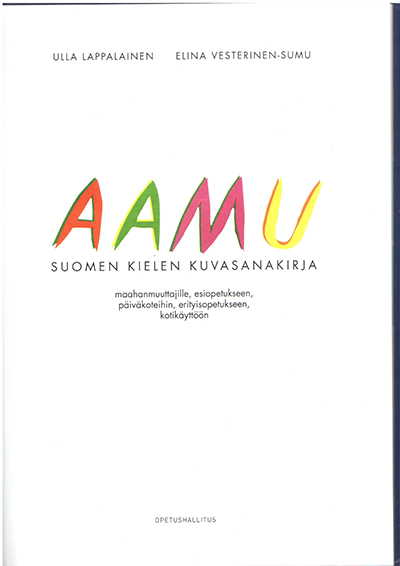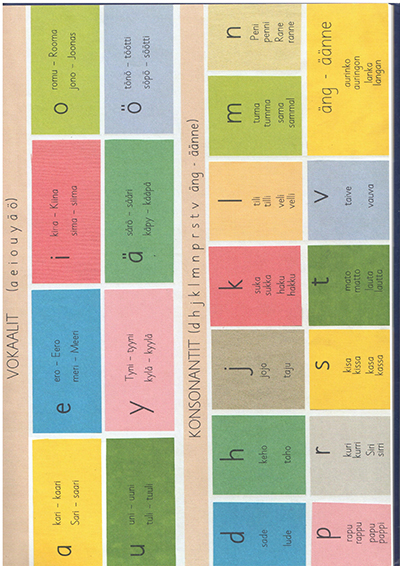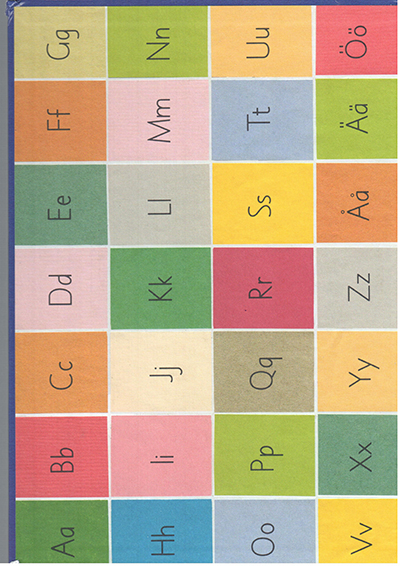| Sorted by date | |||
page095from Building Ideas
the dictionary definition adds some clarity
to the issue it still leaves much room for debate. The word itself translates
as the study of how phenomena appear to the consciousness, based on the Greek
words phaino and logos. Phaino means “to show” or “come to appearance” and is
also the root word of phantom and fantasy, while logos can mean “reason”, “word”
or “speak”, hence its use in the sciences for “the study of”.
The Meaning of “Being” – From Husserl to
Heidegger
The current understanding of the term
phenomenology comes from the German philosopher Edmund Husserl, who wrote in
the early part of the twentieth century and who influenced much of the later
work on the subject. Hegel, too, had used the term in his philosophy, as in the
Phenomenology of Spirit already mentioned and in his case this also referred to
a “coming to appearance” of things, in the sense that all objects were seen as
manifestations of the creative force or spirit. Like Hegel, Husserl was also
concerned with the search for certainty in our knowledge of the world, and both
philosophers also referred back to the work of Kant. Kant had addressed this
question of the relations between the mind and the world in his enquires into
the “conditions of possibility” of knowledge, but he had concluded that reality
“in itself” was unknowable – that the mind was denied complete access to the
outside world. In Kant’s view the mind produces its own version of reality, one
shaped by our cognitive capacities, although this can result in the conclusion
that we see the world through a veil, or a distorting mirror which –
inevitably, some would argue – obstructs our understanding. Later philosophers
would interpret this in a more positive light but in Husserl’s time this was
seen as a shortcoming – the admission by philosophy that its ideas were
unreliable and lacking the objective truth of modern science. The desire to
raise philosophy to the level of a “rigorous science” inspired Husserl in his
quest for a new approach: he was determined to find a way in to this realm of
things-in-themselves, by examining the way things appeared to the mind.
|
|||
|
|||
|
|
 ... ...
... ... ... ...
... ... ... ...
... ... ... ...
... ... ... ...
... ... ... ...
... ... ... ...
... ... ... ...
... ... ... ...
... ... ... ...
... ... ... ...
... ... ... ...
... ... ... ...
... ... ... ...
... ... ... ...
... ...